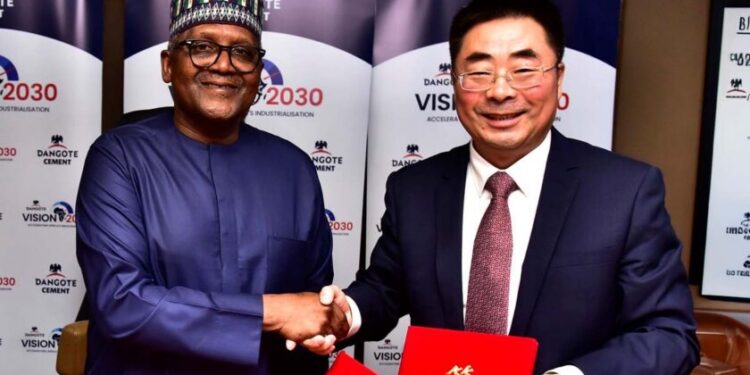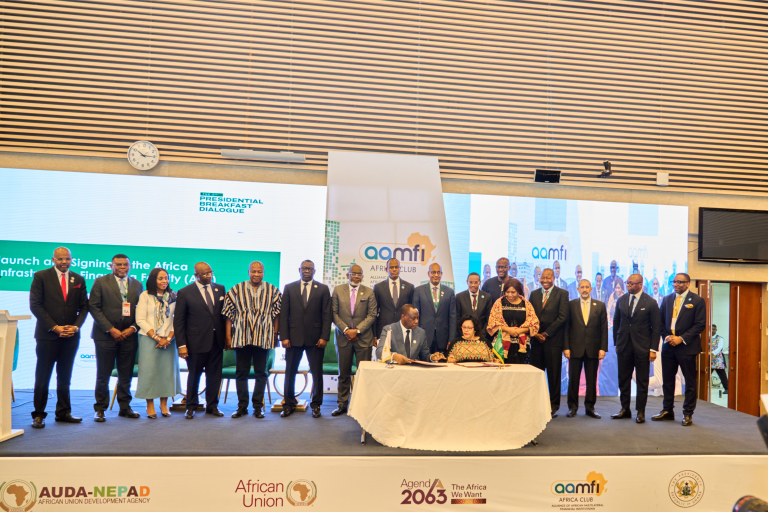|
JOHANNESBURG, South Africa, July 2, 2024/ — In the oil and gas industry, local content refers to the development of local industries, workforce and resources to support the operations of international oil companies (IOC) within a country. For Namibia, fostering ‘Namibian Content’ can significantly enhance economic growth, social development and technological advancement.
Leveraging Local Content to Drive Economic Growth Local content policies can be a catalyst for economic growth by ensuring that a significant portion of the industry’s value chain is retained within the country. By promoting the use of local goods, services and labor, these policies can create a myriad of job opportunities for Namibians. This not only fosters employment but also stimulates the development of ancillary industries, such as manufacturing, logistics and services, which support the oil and gas sector. Local content also contributes to the diversification of Namibia’s economy. By developing industries related to the oil and gas sector, the country can reduce its reliance on oil revenues and build a more resilient economy.
Additionally, local content promotes the development of skills and the transfer of knowledge to the local workforce. By involving Namibians in various aspects of the oil and gas industry, from exploration to production, they gain valuable expertise and experience. Such policies also promote increased local participation and ownership in the oil and gas industry, while driving various social development through mandated investments in community infrastructure, education, healthcare and other social programs, thereby improving the quality of life for Namibians. Meanwhile, local content policies can also spur technological advancement and innovation.
When local firms are part of the industry’s supply chain, they are often required to meet international standards, which drives them to improve their technologies and processes. This can lead to a broader technological base in Namibia, benefiting other sectors of the economy as well.
Successfully Implementing Local Content Successfully implementing local content policies requires various proactive measures. These include capacity building and investing in developing a skilled local workforce and capable local companies; streamlining regulatory processes to enhance compliance and boost investor confidence; and addressing bureaucratic challenges to ensure smoother operations for both international and local companies. Additionally, providing financial incentives and investment opportunities that empower local firms; adapting to market dynamics to encourage local companies to embrace the global nature of the oil and gas industry; and ensuring high quality and standards across the market.
Continuous improvement and training programs can also help local products and services achieve the high standards required, boosting their reputation and competitiveness on the global stage. By concentrating on these key areas, local content policies can be successfully implemented, leading to sustainable growth, innovation and a thriving local industry.
Lessons Learnt from Global Partners Lessons learnt from resource-rich nations across the world can strengthen Namibia’s local content implementation. Norway, for example, provides a prime example of how local content can lead to substantial skills development. The country’s local content regulations required IOCs to partner with Norwegian firms and train local employees. As a result, Norway developed a highly skilled workforce and a robust oil services industry, which now competes globally. The country has consistently maintained a high employment rate within the oil and gas sector, with approximately 250,000 jobs supported by the industry.
In Angola, local content regulations have contributed to social development through initiatives like the Angolanization policy, which prioritizes hiring and training local citizens. The oil companies operating in Angola are required to invest in community projects, leading to improved healthcare facilities, schools and infrastructure in oil- producing regions. For example, investments in the health sector have led to the construction of over 100 health centers in the country. In Brazil, the implementation of local content requirements led to the growth of the domestic shipbuilding industry, creating over 30,000 jobs and reducing the country’s dependency on foreign vessels.
Similarly, in Ghana, local content policies in the oil sector have resulted in increased employment, with over 7,000 direct jobs created since the inception of the policies, and the establishment of new businesses to service the industry.
Additionally, Nigeria’s local content law has significantly increased local participation in the oil and gas industry. The Nigerian Content Development and Monitoring Board (NCDMB) has overseen the growth of indigenous oil companies and service providers, ensuring that a significant portion of the industry’s value is retained within Nigeria. The NCDMB’s efforts have resulted in an increase in local participation from 5% to over 30% in the past decade. Meanwhile, Malaysia’s approach to local content has facilitated economic diversification. The country’s Petronas-led initiatives ensured that local companies were integrated into the oil and gas supply chain, leading to the growth of Malaysia’s engineering and construction sectors. Today, these sectors contribute significantly to the national economy, with the oil and gas industry supporting over 200,000 jobs.
Qatar has also implemented local content policies to ensure that its citizens benefit from the country’s substantial oil and gas wealth. The country’s Qatarization policy aims to increase the number of Qatari nationals employed in the energy sector to 50%. The United Arab Emirates (UAE) has also seen success with its local content initiatives. The In-Country Value (ICV) program, launched by Abu Dhabi National Oil Company, aims to support local businesses and create jobs for UAE nationals. The ICV program has driven over $20 billion back into the UAE economy and created thousands of jobs for Emiratis.
As such, the benefits of local content in Namibia’s oil and gas sector are manifold. By focusing on economic growth, skills development, economic diversification, increased local participation, social development and technological advancement, Namibia can ensure that its oil and gas resources are a blessing for its population of three million. Distributed by APO Group on behalf of African Energy Chamber.
SOURCE |




